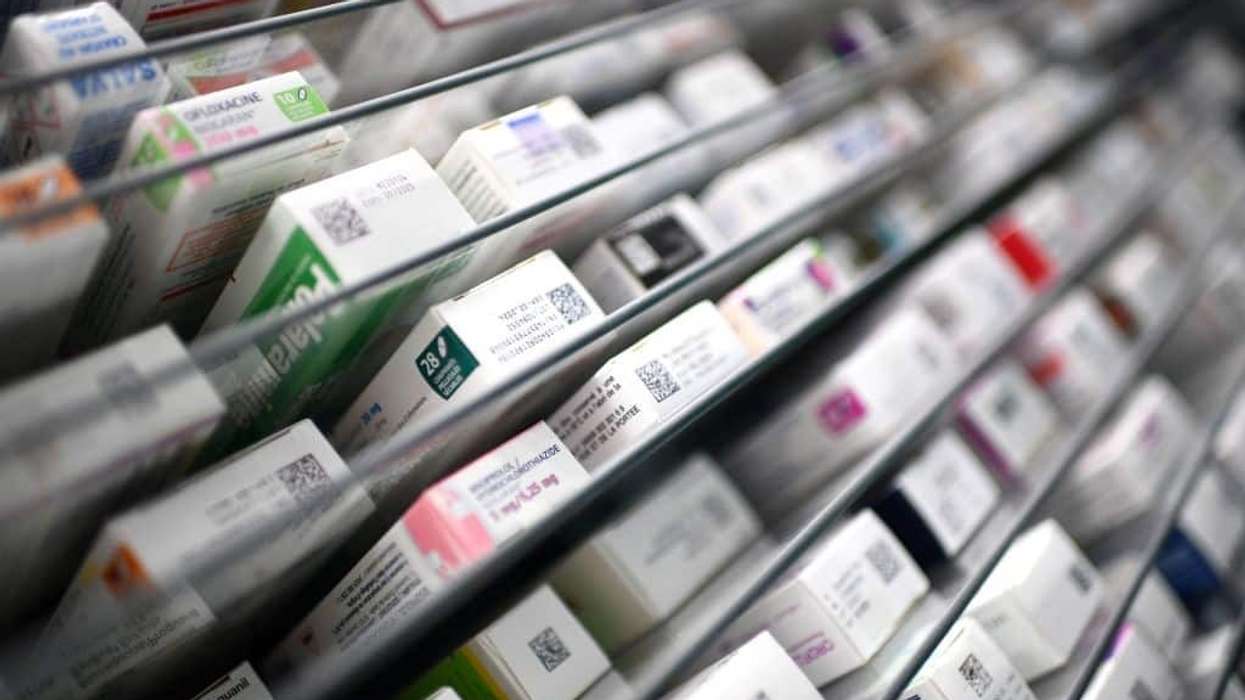The Royal Pharmaceutical Society has been discussing with the General Pharmaceutical Council and others on the need for change to training and education of budding pharmacists.
The RPS said that it would support the principles of initial education reform as set out by the GPhC and discussed at the UK Pharmacy Education Governance Oversight Board.
It has agreed at a recent assembly meeting informed by the views of its country boards and education and standards committee. It includes
- Independent prescribing should be an outcome of foundation pharmacist training
- There should be a scaffolded approach to becoming a prescriber; with learning integrated throughout initial education and training culminating in full independent prescribing rights
- Prescribers should also have access to clinical supervision and peer networks beyond their initial annotation on the register
- More experiential learning is required in the first 4 years of learning which must be adequately resourced
- A balance is required to achieve the desired pace but recognise and mitigate the risks of unintended consequences with such an approach
- Existing work programmes such as the 5 year integrated programme in Scotland and national Foundation Pharmacist training programme must be woven into the reform programme
- We have an important role to play in leading the development of foundation curriculum and assessments as well as support for learners and their educational supervisors
“There is strong support for a proposal to replace the current pre-registration year with a foundation period of 12 months at the end of which, one aim would be for new registrants to be independent prescribers, albeit recognising implementation needs to take account of each country’s circumstances and be subject to appropriate consultation,” the RPS has said.
“Our development and revision of the foundation programme for pharmacists has helped to inform the work in this area.”
Meanwhile, The GPhC has reconvened a working group, which includes the Pharmaceutical Society NI, to inform the final set of revised IE&T standards for pharmacists and to drive implementation of the standards.
Once the standards are finalised, there will be a phased approach to implementation. The reforms will start in July 2021 for those beginning their fifth year of education and training as the current pre-registration year develops into a foundation period.
The GPhC is now developing a plan to finalise the revised standards and reform the five years of initial education and training in light of the proposals and broad cross-profession support, and will be providing regular updates on the progress of this important work in GB, with the Pharmaceutical Society NI carrying out work in parallel for Northern Ireland.
Last year, the GPhC consulted on new standards for the initial education and training (IE&T) of pharmacists, in collaboration with the Pharmaceutical Society NI, ensuring a UK-wide perspective.
This consultation highlighted the importance of revising the IE&T standards to equip pharmacists for increasing clinical roles in a multi-sector environment, with closer integration of academic study and learning in practice.











